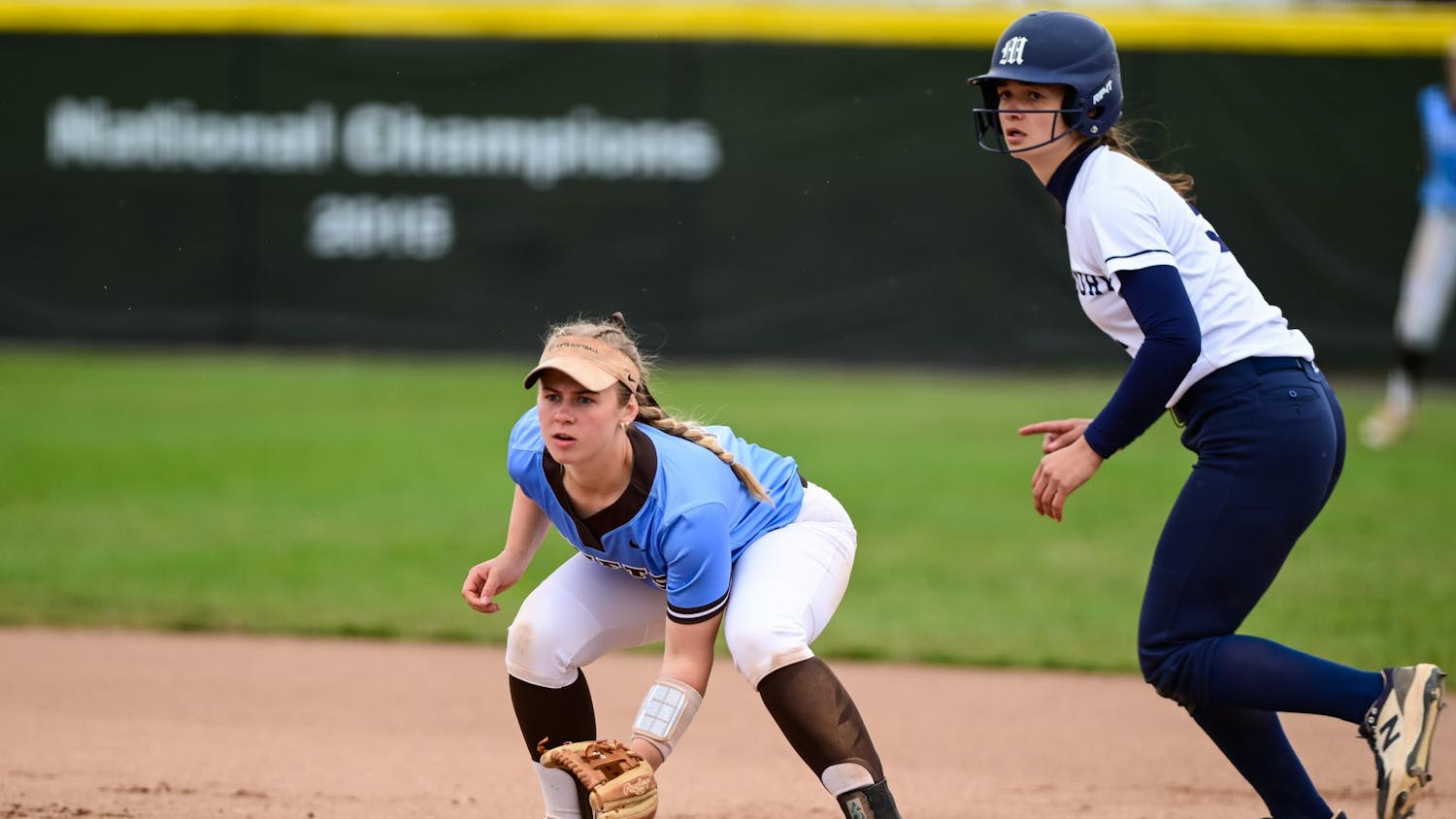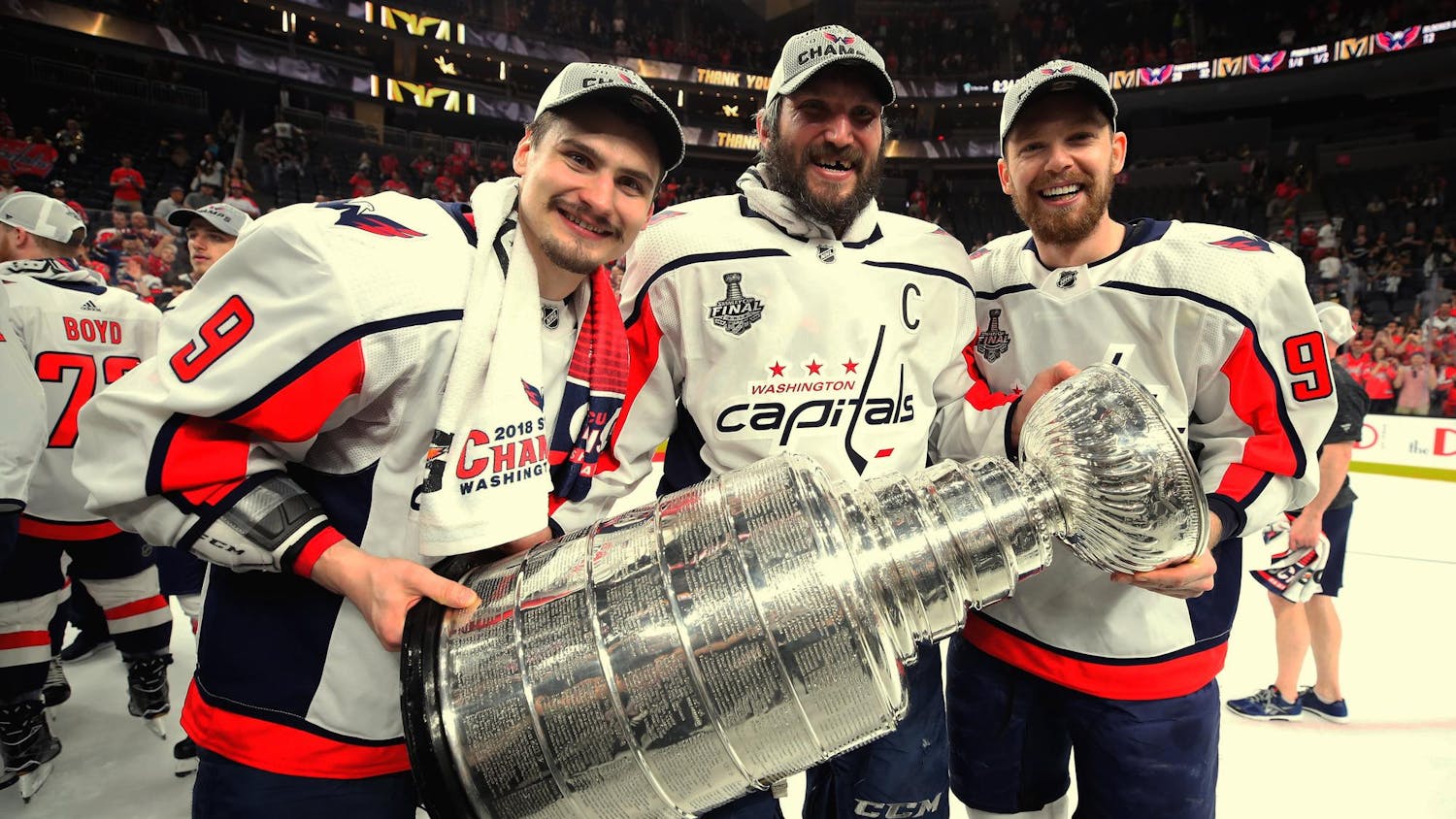The NFL, hands down America's most−beloved sports league, opened its season two weekends ago with a depressing reminder that it might not be doing the same come next September. The current collective bargaining agreement (CBA) between the NFL Players Association (NFLPA) and the owners expires at the end of the 2010−11 season. This means that if DeMaurice Smith of the NFLPA and commissioner Roger Goodell can't forge a new deal within the next 136 days, a training camp lockout looms — with the ugly possibility of it spilling over into next fall, shortening or even cancelling the 2011−12 NFL season.
A status quo deal doesn't seem particularly likely. Under the current CBA, players receive nearly 60 percent of NFL revenue. The owners, claiming this current model is unsustainable in the long run, are seeking to slash this percentage to somewhere in the range of 45 to 50 percent. The players are understandably opposed to any sort of decrease in the percentage of revenue they receive. They have certain other beefs with the owners, including complete disclosure of revenue and profit statements.
In this vein, a number of players took the field during opening weekend with one finger raised in a show of union solidarity. In the case of the Colts−Texans game, the Houston crowd responded to this display by booing. As SI.com's Don Banks put it, "The fans just want their football without interruption, and I think any reminders of the potential trouble to come is going to elicit a building sense of wrath."
This is certainly one possible explanation for the fans' reaction, and it's a logical notion at that. But I don't think it's necessarily right.
For all the childhood adulation we heap upon athletes, our adult selves resent professional athletes in a very real way.
The most popular salary−related gripe for the average sports fan boils down to "I make $15 an hour to shovel crap and these guys get paid millions to play a game — AND THEY WANT MORE!?!" Completely ignored in this populist angst is the fact that someone has to take the billions of dollars in revenues that professional sports garner on an annual basis, and if it's not going to be the players, then it'll be the (almost exclusively) rich, old, white, male owners of the teams.
Yet the anger flows toward the players when any work stoppage would be the result of the owners locking out the players, rather than the players going on strike.
Banks makes another slightly depressing point in his next sentence: "And for the record, I'll believe in the players' unity once they don't crack by August or so next year, once the owners have locked them out for five months. Until then, pregame displays such as holding up an index finger, en masse, deserve the heading of ‘empty gesture.'"
The truth is that there's a very good chance, in the manner Banks describes, that the union will cave. That's because, despite the fact that the Tom Bradys of the world are signing $72 million extensions, a surprising number of players are living paycheck to paycheck, with a median NFL career of fewer than four seasons. If this reality — one that the average fan is loath to accept ("I would be set for life if I EVER made a million dollars a year!") — could be realized, it might help bring a quicker resolution to the labor strife. In the meantime, though, let's jeer any concerted attempt to change this situation and just watch these guys concuss each other. Are you ready for some football?!
--
Ethan Frigon is a senior majoring in economics. He can be reached at ethan.frigon@tufts.edu.





